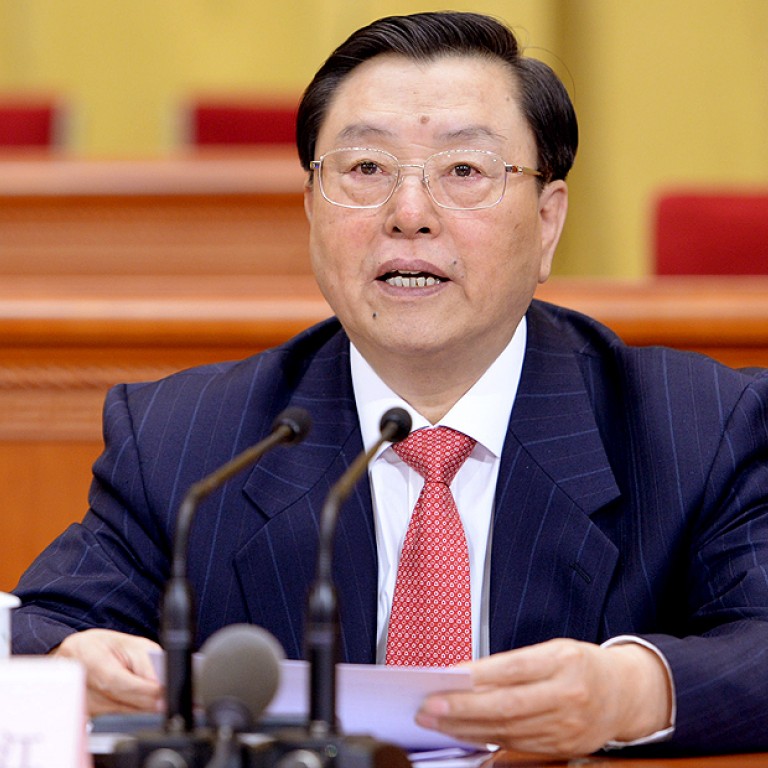
China, Japan 'preparing ground for top leaders to meet'
China and Japan are paving the way for their leaders to meet at a regional summit in Beijing this autumn after a series of lower-level exchanges between the countries over the past few months, according to political analysts.
China and Japan are paving the way for their leaders to meet at a regional summit in Beijing this autumn after a series of lower-level exchanges between the countries over the past few months, according to political analysts.
The assessment came after Masahiko Komura, a former Japanese foreign minister and vice-president of Japan's governing Liberal Democratic Party, wrapped up a three-day trip to Beijing on Monday. He held talks with Zhang Dejiang, the third-ranking member of the Communist Party.
Relations between China and Japan have been badly strained by a territorial dispute concerning the sovereignty of several islets in the East China Sea and Beijing's outrage at Tokyo's apparent whitewashing of its wartime past.
Komura told Zhang that Japanese Prime Minister Shinzo Abe was ready to hold a formal meeting with President Xi Jinping on the sidelines of the Asia-Pacific Economic Co-operation forum meeting in the Chinese capital.
Komura told reporters after the meeting that Zhang said he would convey the message to Xi.
With bilateral relations at their most fraught in decades, recent Japanese delegations to Beijing were only given an audience with Vice-Premier Wang Yang . The arrangement for Komura to meet Zhang signals that both sides want to ease tensions, according to analysts.
"It is a little surprise that Zhang met Komura," said Lin Xiaoguang, an international relations expert at the Central Party School. "It shows that China is also taking steps to break the diplomatic stalemate between the two nations."
High-level exchanges between the two countries were suspended after Abe visited the Yasukuni Shrine, where 2.5 million Japanese war dead, including several Class-A war criminals, are memorialised.
Jun Okumura, a visiting scholar at the Meiji Institute for Global Affairs, said both sides were looking for a way out of the impasse.
Professor Lian Degui, of the Shanghai Institutes for International Studies, said Abe would go to China for the Apec summit and that both Abe and Xi would want to avoid any awkwardness as a result of continued Sino-Japanese tensions.
"There will inevitably be some kind of encounter between the two leaders during the summit" and neither of them want that moment to be marked by "embarrassment" or unease, he said.
He said Beijing would be watching how Abe conducts himself in advance of the summit. If Tokyo was quiet over the next few months, said Lian, the low-level bilateral exchanges taking place would set the right tone and atmosphere for the leaders to meet.
Robert Dujarric, director of the Institute of Contemporary Asian Studies at Temple University's Tokyo campus, said Abe needed the legitimising affect of the bilateral summit more than Xi. "For Abe, it's important to demonstrate that he is accepted by his peers in Asia and has not been blacklisted," said Dujarric. "But Xi can play hard to get."


